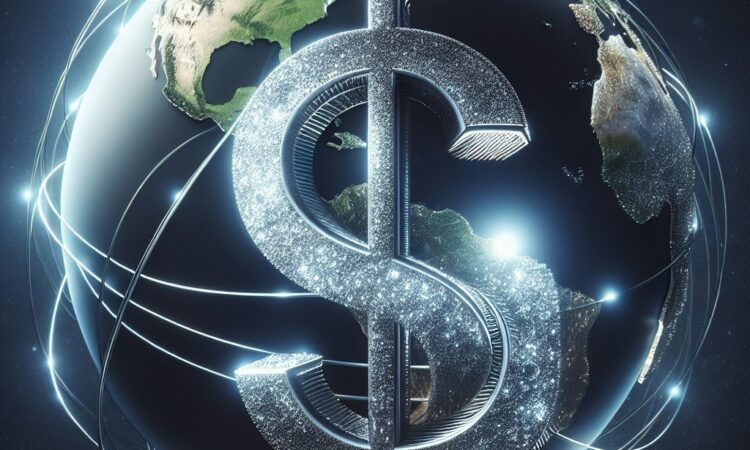The Future of the Global Economy
The future of the global economy is uncertain, but there are a number of trends that are shaping the world we live in. These trends include:
- Globalization: The increasing interconnectedness of economies and cultures around the world.
- Technological change: The rapid development of new technologies, such as artificial intelligence and automation.
- Demographic shifts: The aging of populations in many developed countries and the growth of populations in many developing countries.
- Resource scarcity: The increasing scarcity of natural resources, such as oil and water.
These trends are having a profound impact on the global economy. Globalization is creating new opportunities for businesses to expand into new markets, but it is also putting pressure on workers in developed countries who are competing with workers from lower-wage countries. Technological change is creating new industries and jobs, but it is also displacing workers in some industries. Demographic shifts are putting pressure on social welfare systems in developed countries and creating a shortage of labor in some developing countries. Resource scarcity is driving up prices for energy and other resources, and it is also creating conflict over resource-rich territories.
It is important to understand these trends in order to make informed decisions about the future. Governments, businesses, and individuals all need to adapt to the changing global economy in order to thrive. Governments need to develop policies that promote economic growth, competitiveness, and social justice. Businesses need to invest in innovation and develop new products and services that meet the needs of the changing global marketplace. Individuals need to develop the skills and knowledge they need to succeed in the 21st century economy.

